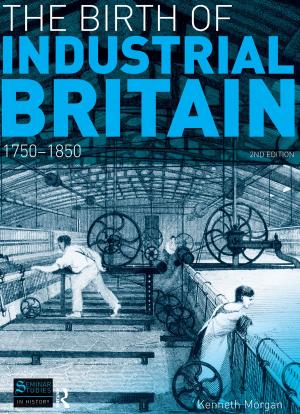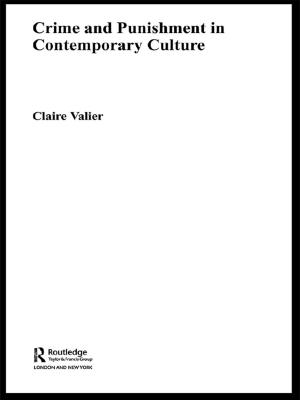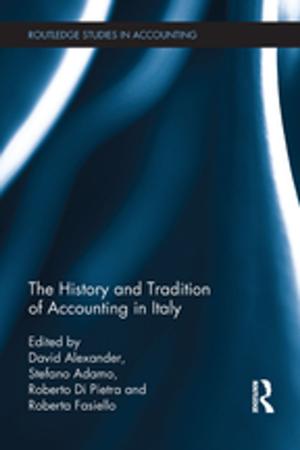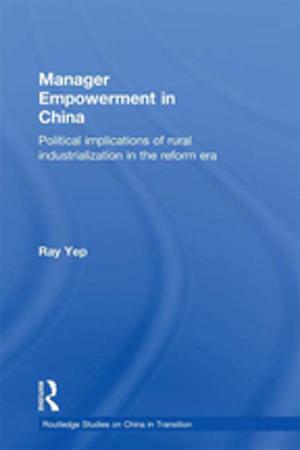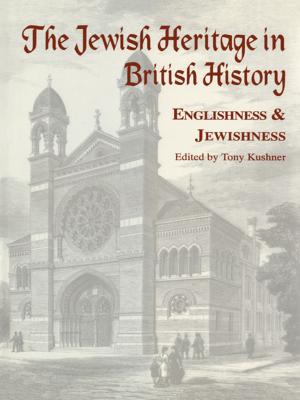| Author: | Ifor W. Rowlands | ISBN: | 9781351940122 |
| Publisher: | Taylor and Francis | Publication: | March 2, 2017 |
| Imprint: | Routledge | Language: | English |
| Author: | Ifor W. Rowlands |
| ISBN: | 9781351940122 |
| Publisher: | Taylor and Francis |
| Publication: | March 2, 2017 |
| Imprint: | Routledge |
| Language: | English |
The close political, economic and cultural ties that developed between England and its neighbours were a defining feature of the rule of Henry III, which permeated nearly all levels of society from the king and his barons to the Church and merchants, artisans and fortune hunters. They were evident both in the high politics of Henry III, as well as in the more general cultural developments, as can be seen in the French architecture, Italian masonry and German goldwork of Westminster Abbey. They can likewise be traced with regard to individuals such as Simon de Montfort, whose family was active in the Holy Land, Languedoc, Northern France and England. In short, thirteenth century England formed part of a broader European cultural, political and economic commonwealth. The essays that form this volume demonstrate the variety and strength of these contacts between England and her neighbours during Henry's reign, and by seeking to place Henry's England within a broader geographical and thematic range, will contribute to a broader understanding of England's place within thirteenth century Europe.
The close political, economic and cultural ties that developed between England and its neighbours were a defining feature of the rule of Henry III, which permeated nearly all levels of society from the king and his barons to the Church and merchants, artisans and fortune hunters. They were evident both in the high politics of Henry III, as well as in the more general cultural developments, as can be seen in the French architecture, Italian masonry and German goldwork of Westminster Abbey. They can likewise be traced with regard to individuals such as Simon de Montfort, whose family was active in the Holy Land, Languedoc, Northern France and England. In short, thirteenth century England formed part of a broader European cultural, political and economic commonwealth. The essays that form this volume demonstrate the variety and strength of these contacts between England and her neighbours during Henry's reign, and by seeking to place Henry's England within a broader geographical and thematic range, will contribute to a broader understanding of England's place within thirteenth century Europe.

